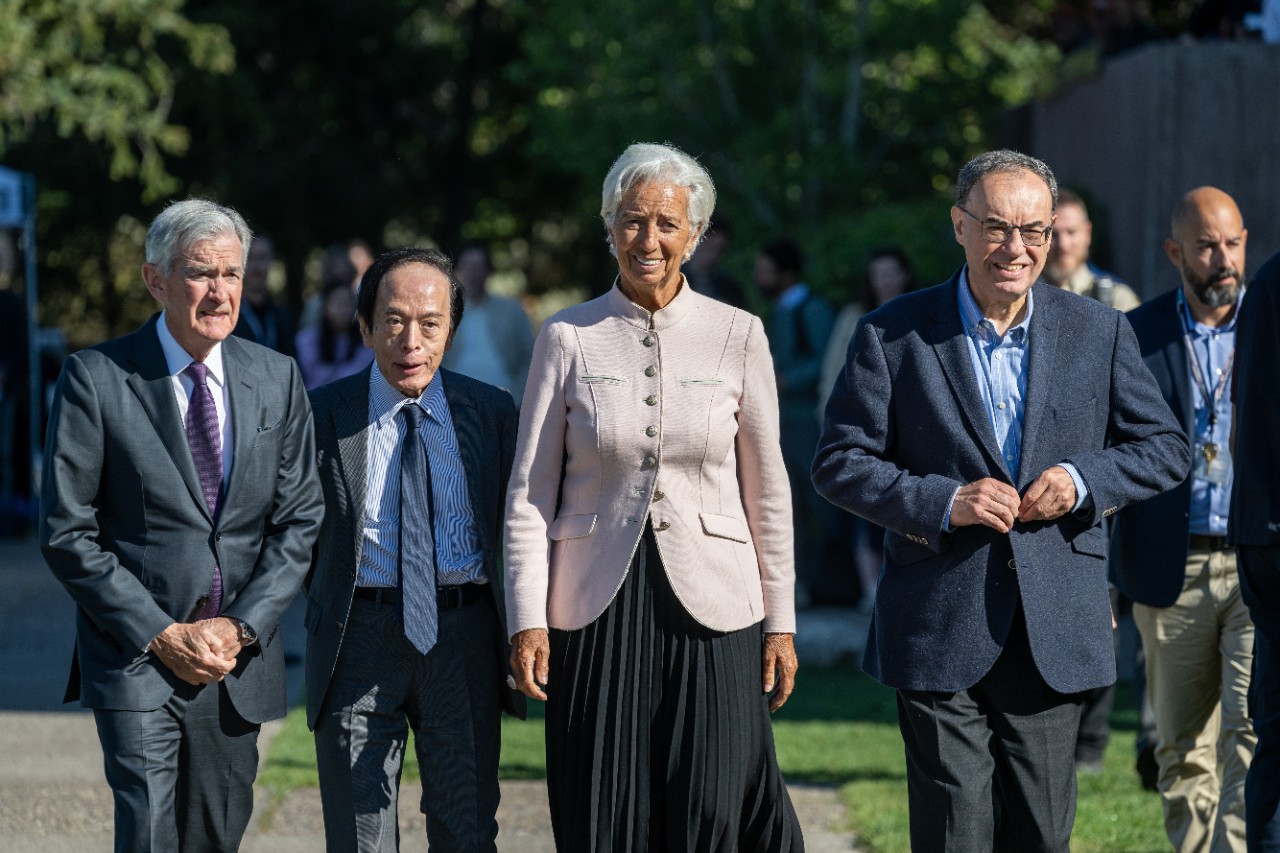The upcoming weeks are packed with important economic events as the major central banks hold their monetary policy meetings. Their decisions will be announced at the following times:
European Central Bank (ECB): 8.15pm (HK time) on Thursday 11 September
Federal Reserve (Fed): 2.00am (HK time) on Thursday 18 September
Bank of England (BoE): 7.00pm (HK time) on Thursday 18 September
Bank of Japan (BoJ): 11.00am (HK time) on Friday 19 September
Traders should prepare for heightened volatility as markets digest policy statements, rate decisions and forward guidance. The coordination of these announcements creates unique trading opportunities but also amplifies risk across global markets.
ECB maintains cautious stance after eight rate cuts
The ECB is expected to maintain its current policy stance following eight interest rates cuts implemented since June 2024. At July’s meeting, policymakers opted to pause, citing easing domestic price pressures and moderating wage growth as primary considerations.
Recent economic data reinforces this cautious approach. Eurozone headline inflation registered 2.1% year-on-year in August, while core inflation remained stable. However, the slight increase in headline inflation necessitates vigilance against potential renewed price pressures.
Trade dynamics with the US introduce additional complexity to the ECB’s deliberations. Despite reaching a bilateral agreement in July, European exporters now face 15% tariffs on most goods entering US markets, significantly exceeding pre-agreement levels.
The tariff burden affects critical sectors including pharmaceuticals, automotive manufacturing and semiconductor production. Moreover, the agreement’s implementation remains contingent upon EU elimination of levies on US industrial goods and provision of preferential agricultural tariffs. European automotive exports face particularly challenging conditions, with tariff rates of 27.5% persisting until EU legislative implementation occurs.
Geopolitical developments surrounding the Russia-Ukraine conflict present additional uncertainty for policymakers. Potential US pressure on the EU to impose tariffs up to 100% on Chinese and Indian imports could strain relationships with key trading partners. Such measures might undermine European efforts to strengthen global trade positioning amid escalating international trade tensions.
Consequently, the ECB is likely to maintain its pause in September, with high probability of unchanged policy through year-end. This measured approach reflects uncertainty surrounding trade policy impacts and inflationary dynamics across the eurozone.
Figure 1: The ECB might have found the right balance after eight cuts
